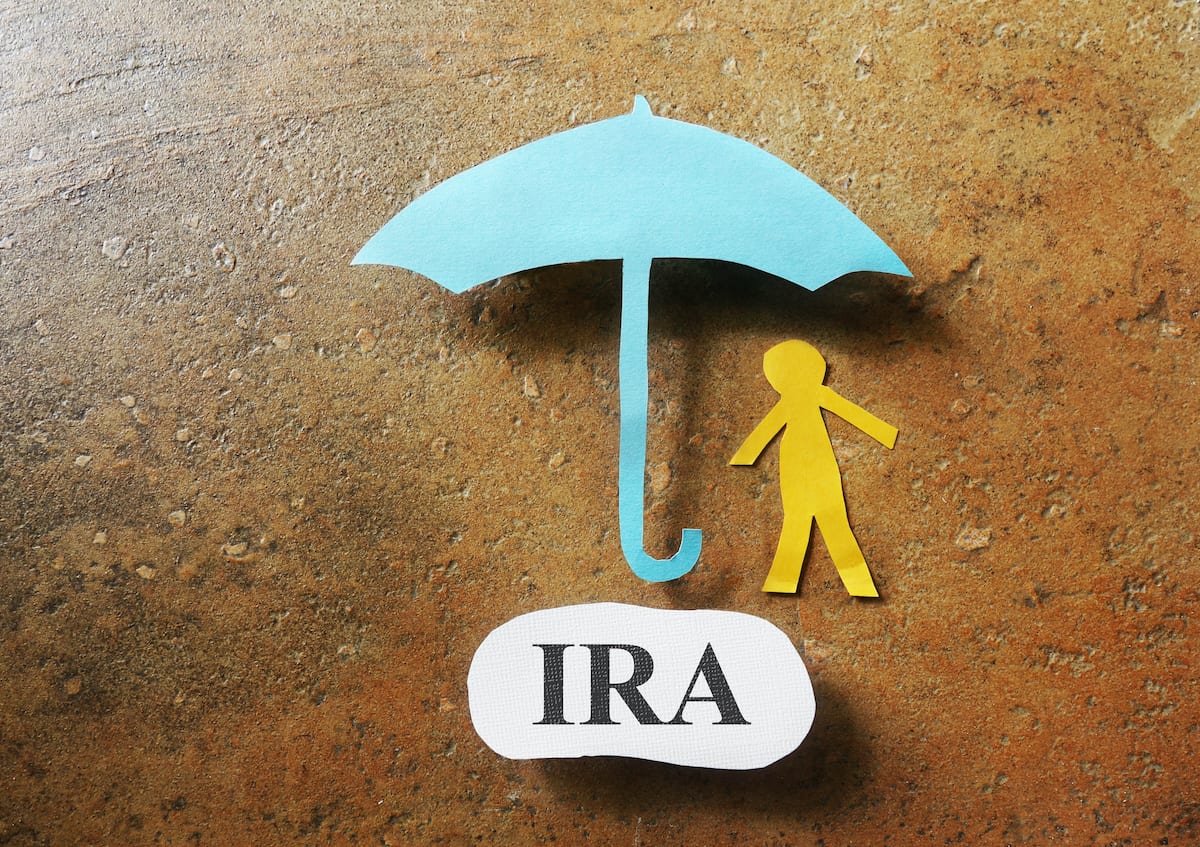If you have an IRA, there are recent changes in the law you need to be aware of.
The sweeping changes in the SECURE (Setting Every Community Up for Retirement Enhancement) Act of 2019 are varied and subtle but impact all IRA owners.
Changes to inherited IRA beneficiary options
Beginning in 2020, payout requirements for some beneficiaries have changed significantly. Perhaps the biggest change is the elimination of the “stretch” IRA, allowing beneficiaries to “stretch” payments over their own life expectancy. Beneficiaries like spouses will see a minimal change in this option. Other beneficiaries, however, could be required to remove assets from the IRA sooner than under the original law. This will significantly impact people who inherit IRAs with significant balances.
Changing the RMD start date to age 72
One of the most significant changes to the law changes the minimum age of receiving an IRA distribution. Prior to 2020, age 70¹/² was the required minimum age to receive a distribution. The SECURE Act has changed this to age 72. For IRA owners age 70¹/² as of December 31, 2019, they must continue taking their distributions each year.
No age limit to make regular contributions to a traditional IRA
Beginning in the 2020 tax year, contributions can be made to an IRA by individuals of any age.
*Changes to the qualified charitable distribution rules
The availability to make a QCD (qualified charitable distribution) on or after age 70 1/2 has not changed. However, any contributions made after 70 1/2 or later will need to be deducted from the claim QCD. This means that although you may make contributions after age 70 1/2, you may not use that money as a QCD and any QCDs must be reduced by the number of your prior contributions.
Exception to the 10% early distribution penalty for qualified birth or adoption distribution
Under the SECURE Act, distributions taken prior to 59¹/² will not be subject to the 10 percent penalty tax if the distributions were taken within one year of a child being born or the adoption of an eligible child. The law states that any child – except the child of a spouse – who isn’t 18 or physically or mentally incapable of self-support qualifies.
Expansion of the definition of “compensation”
Compensation is generally classified as earned income. However, beginning in 2020, two new sources of income have been added to the list of acceptable compensation for purposes of making a regular contribution to your IRA. Non-tuition fellowship and stipend payments, as well as qualified foster care payments, are now considered compensation.
*Temporary reduction of the medical expense deduction floor extended
Most IRA holders less than 59 1/2 who take a distribution from their IRAs or employer-sponsored retirement plans are subject to a 10% early-distribution penalty. The typical exception to this penalty is the payment of medical expenses in excess of 10% of the individual’s adjusted gross income.
The SECURE Act extended the floor reduction first created by the Tax Cuts and Jobs Act of 2017. This effectively lowers the 10% of adjusted gross income expense requirement down to 7 1/2% for a penalty exception.
Disaster tax-relief for recent disasters
If you’ve taken up to $100,000 in distributions for a qualified disaster that fell between January 1, 2018 and January 19, 2019 and you take the distribution by June 17, 2020, you may utilize special tax relief provisions. The provision will allow you to include the income over a three-year taxable period, avoid the 10 percent early distribution penalty and allow you to pay part of or all of the distribution to an eligible retirement plan within three years.
We recommend that you become familiar with the SECURE Act and learn about the changes, updated regulations and new introductions where it pertains to IRAs. If you have questions, please don’t hesitate to let us help you better understand how this law applies to your IRA.



